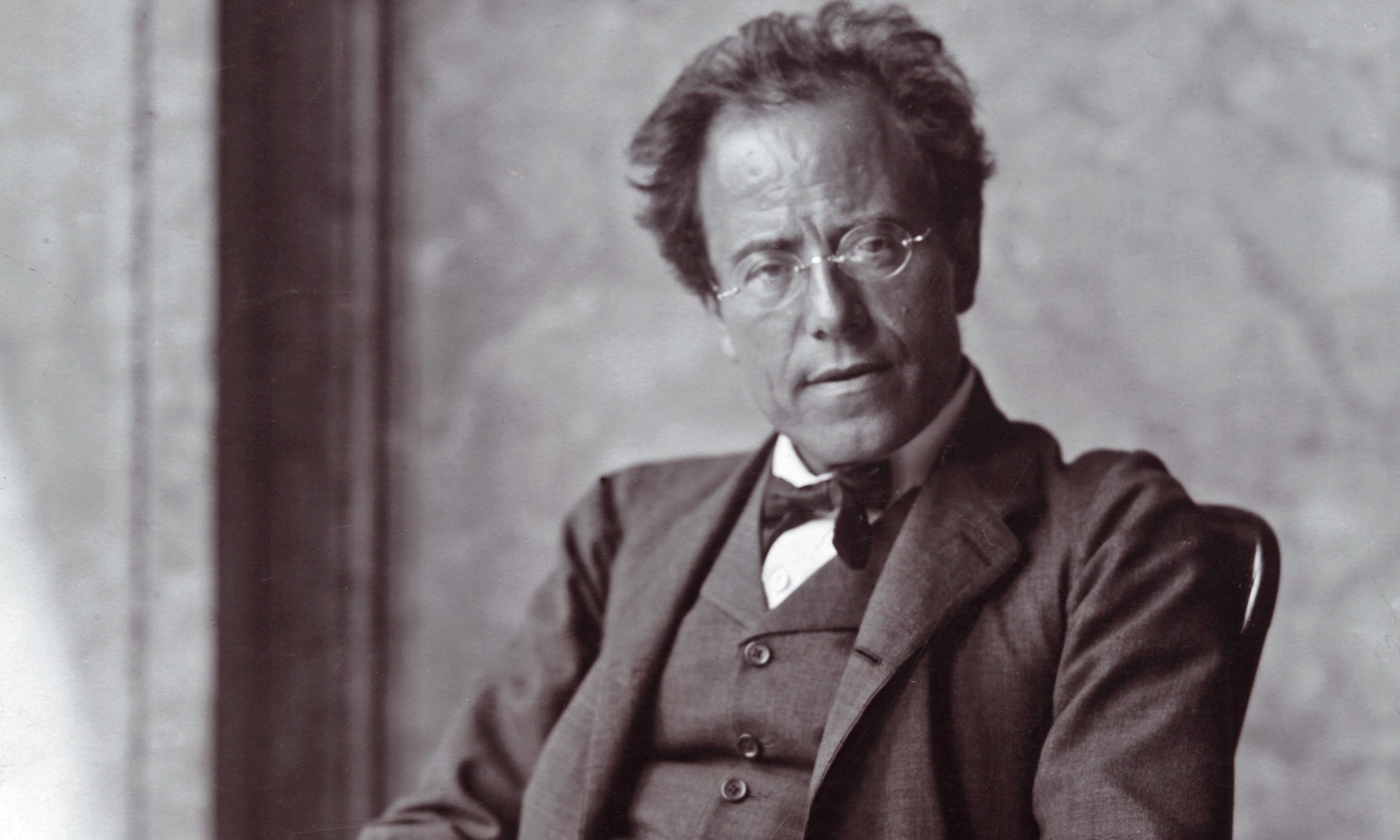Mahler’s “Resurrection” Symphony: Music from Another World
With his Symphony No. 2 in C minor, composed between 1888 and 1894, Gustav Mahler grappled with the most fundamental metaphysical questions. In a letter, he wrote, “Why have you lived? Why have you suffered? Is it all some huge, awful joke? – We have to answer these questions somehow if we are to go on living – indeed, even if we are only to go on dying!” The person in whose …



